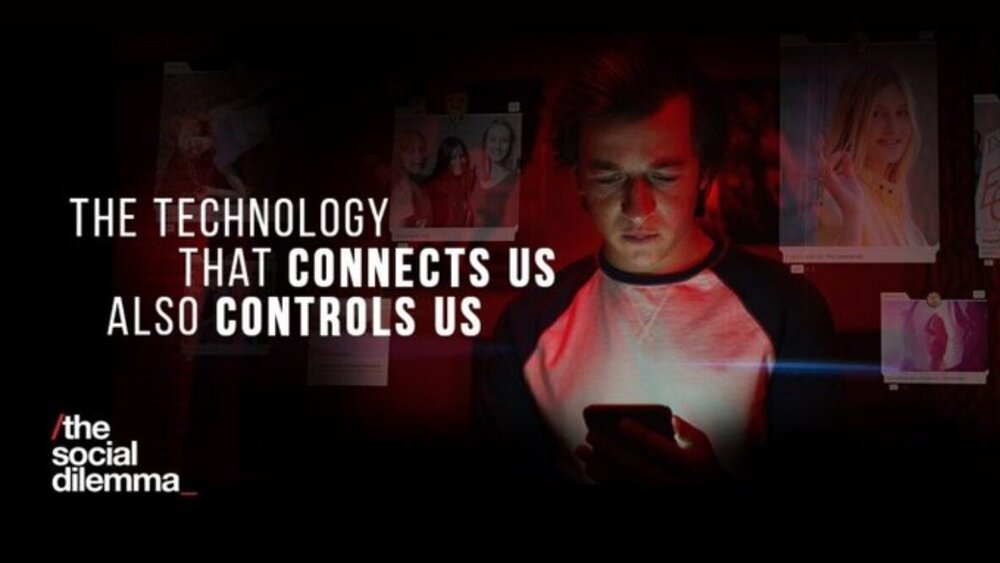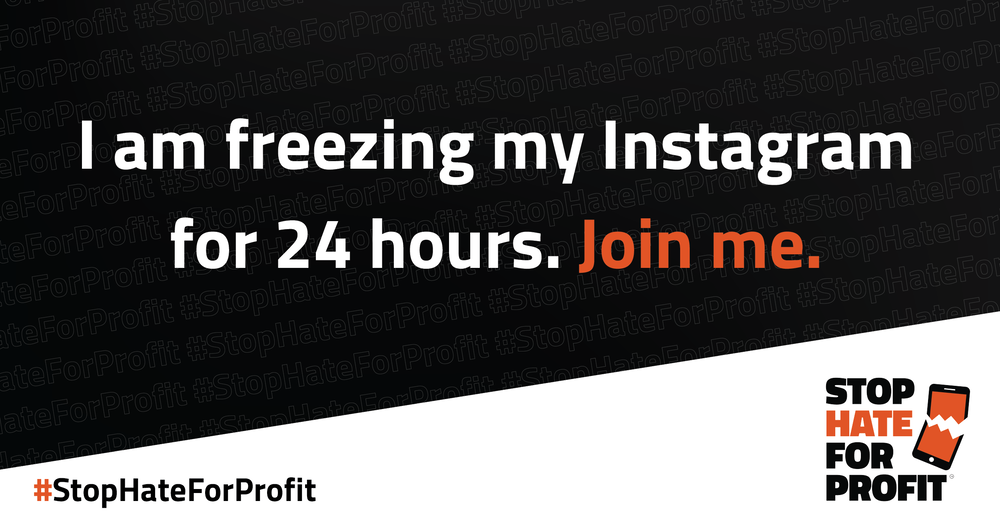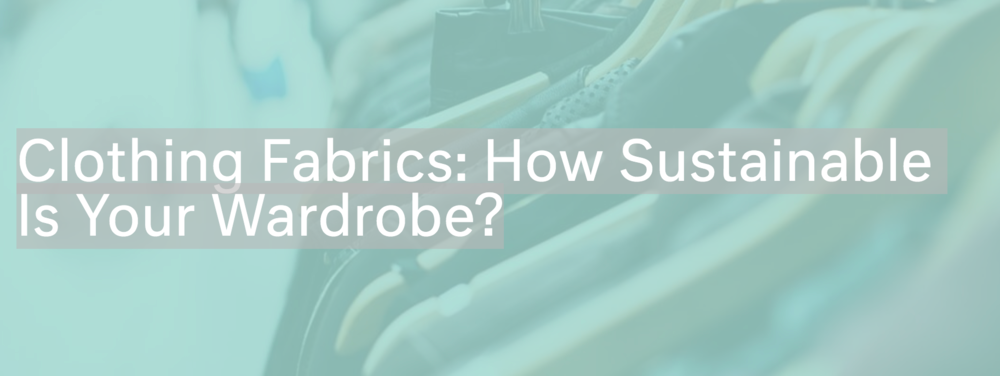Our Social Dilemma

Is Social Media Marketing and Advertising Ethical?
Earlier this year, we announced an indefinite pause to our advertising on Facebook and Instagram. It was a decision I didn't make lightly as a small business owner when social media advertising presents an affordable way to connect with new audiences looking for ethical jewelry and meet potential new clients. However, we couldn't ignore the more insidious effects of social media advertising and decided we could no longer financially support it no matter what powerful advertising results they promised. After recently watching "The Social Dilemma" on Netflix, featuring many of the creators of these social media tools and algorithms and many of the execs who pioneered the monetization of social media, I've decided to make this pause permanent.
As a small business owner who prioritizes responsible sourcing and business practices, I try to consider the broader impact of my purchases and actions from my raw materials sourcing all the way through to when a piece of jewelry makes it to our client. This includes considering the impact of our marketing and sales practices and ad spending. As a digital marketer, content creator, and former advertiser, I have to consider my role in the ecosystem of social media and how my ad spending feeds a system in which I am simultaneously the maker, the client, and the product being sold. I had to ask myself, how can I act ethically using data collected by social media platforms? Can Facebook (and other social) ads be used ethically and responsibly if the data is collected from users without their knowledge?

The Ethical Issues of Social Media
As a former advertiser, I agree with the assertions made in "The Social Dilemma" that as users of social media, we are not the clients of Facebook Inc. or any of the other social media giants. Businesses, organizations, and content creators are the clients, and their ad spending accounts for close to 98% of Facebook's revenue. Our data is the resource being mined. The product being sold is our behavior. The guarantee that someone will look at a specific ad with x% chance of clicking on it. What kind of data is being collected for advertisers? Everything from how long you watched a particular video or looked at a certain ad, to the last time you made a deposit in your bank account, the make and model of your car, the last time you ate at Veggie Grill, and more. It's unprecedented the level of intimate detail advertisers can target us based on, and it feels a little invasive, to say the least. Despite widespread distrust of social media platforms, we still freely give up our data, and ¾ of Facebook and Instagram users are not aware that the platform creates and keeps lists of their personal interests for advertisers, according to the Pew Research Center. Additionally Facebook tracks us all off the app as well, as 543,402 businesses are known to be using the Facebook pixel to track users and conversions on their websites as well.
A second issue is the tactics social media companies use to keep us engaged and using the app. In order to get us to see more and react to more ads, social media platforms build in features to keep us engaged and spending more time in front of our screens, such as auto-playing videos, endless scrolling, and push notifications. Limited time interaction posts like Instagram stories drive a lot of engagement and are key in creating FOMO. Our Fear Of Missing Out is no accident; it's by design. As content creators, we play into this cycle, too, tracking our views, clicks, follows, and engagement and releasing content to our audiences at the times they are most likely to be seen and engaged with. We do this using the same data we use to optimize ad delivery.

There is no doubt that social media has a significant influence over our lives, from what news and real-world events we see to whom we connect with (Doubly so during the COVID19 crises), but at what point does influence become manipulation? To give you a jewelry related example, as an advertiser I could target women in affluent areas with a certain income and education level who have been in a relationship for at least one year and had a friend or close friend get engaged in the last month. Is this type of targeting helpful in connecting with someone who may soon be looking for a ring? Or is this amplifying existing social pressures in order to manipulate? The answer is likely a bit of both. As an advertiser, I had to ask myself why I even have access to this kind of information. Social media advertising also isn't regulated, other than the FTC ruling, stating that ads must clearly be labeled as such.
Additionally, what happens when these systems designed to engage and influence are used for more nefarious purposes? Facebook's role in the Rohingya genocide in Myanmar has been well documented, as was the platform's role in enabling Russian interference in 2016 in the US. Now the number of countries with political disinformation campaigns has doubled in the past two years. Do platforms have a responsibility to ensure that the tools they created with the claims to help us connect with each other (and to sell us stuff) aren't used to create real harm and incite real violence? Many Facebook employees are likewise concerned about the real-world harm resulting from use of the platform they helped create. "All of these steps are leading up to a situation where come November, a portion of Facebook users will not trust the outcome of the election because they have been bombarded with messages on Facebook preparing them to not trust it," said Yaël Eisenstat, Facebook's former election ads integrity lead to BuzzFeed News. By buying into this system, we all feed this machine.
So who bears the responsibility when online fanaticism turns into real-life violence? Or when social media creates real harm in its users with increased rates in depression and anxiety? Is it social media users, marketers and advertisers, or the social media companies themselves who shoulder this responsibility?

Sharing the Responsibility
None of this is to say everyone needs to abandon all social media all at once and go back to email chains and snail mail, but we should consider our use, actions, and the true purposes of these platforms, and whether or not this screen time helps or harms us. This is an individual choice. This is a topic we need to have more conversations about. As a social media user, I took a hiatus from all platforms this August because I noticed myself compulsively opening Instagram the second I would pick up my phone. By taking this break, I was able to think about why I really use each platform and how I could be more mindful of my social media use. While I have returned to social, I've deleted the Facebook app from my phone and turned off all of my social media notifications (that one felt good). I also set time limits on my apps to make sure I don't go checking them first thing in the morning or late at night. I schedule a few set times throughout the day to check my notifications and respond to any comments and messages. Then it's back to the real world and I have to say, I have noticed a reduction in my own stress and anxiety as a result.
While this post has been full of questions, I want to end it with just a couple more. To my readers, who are small business owners and content creators, what does ethical social media marketing look like to you? Does it include ads? What role can we, as small business owners and advertisers, play in prioritizing humane ad solutions? Collectively can we push platforms and publishers to make the needed change?
To my friends and readers who don't use social media for work, do you think targeted ads are ethical? In what ways do you try to be more mindful of your social media use?
For more resources, check out the Digital Wellness Collective, the Social Dilemma, and Stop Hate for Profit.
To check out what information Facebook collects on you for advertisers, click here.





